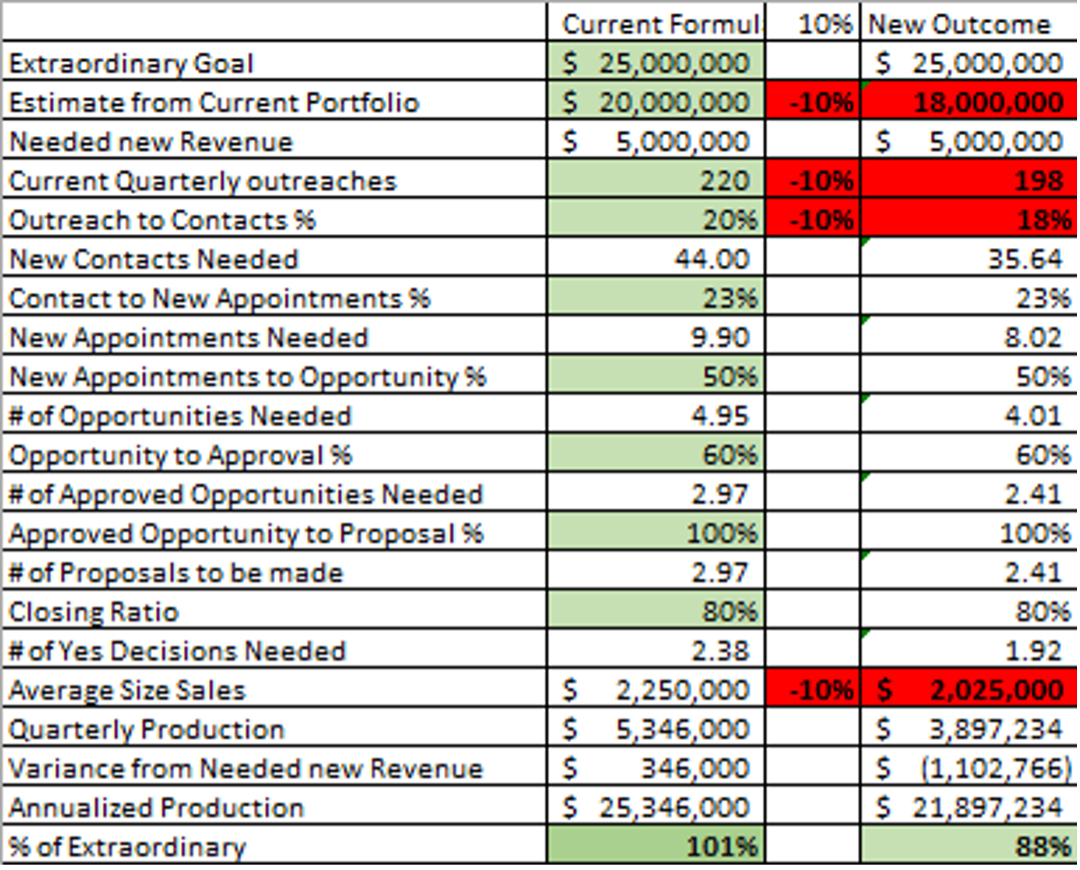I will have to agree to disagree with Richard Carlson, Author of Don’t Sweat the Small Stuff. My view is that the little and or small things do matter and often they matter a great deal.
We have a newborn in our family. Born July 1st 2022, she came into the world just over 7 pounds. The parents knew in advance that their child would be born with Cystic Fibrosis (CF). With that came the understanding of the complications at birth and the lifelong disease associated with CF. You see, they already have 1 child with CF.
The baby was in the hospital for 5 weeks due to complications with her digestive tract issue, not uncommon with CF patients as they often don’t produce the enzymes to process protein and fat and as a result don’t ‘poop’. That is a problem.
The baby had to gain a defined amount of weight a day for a rolling number of consecutive days before they would release her to go home. That amount is 30 grams a day. I don’t convert easily from the metric system to the decimal system, so I had to look it up. 28.3495 grams equals 1 ounce. 1 ounce is .0003125% of my total body weight (200 lbs). A very small amount I think we would all agree.
So how important is the small stuff? Ask the parents, and they will tell you that day in and day out that while they waited to bring her home from the hospital, it was not such a small thing.
Another example to consider: The diameter of the moon is approximately 2,158 miles. If the NASA scientist missed the calculation to moon landing site by just 1 degree, the Apollo 11 moon landing would have missed the landing site by:

What does this have to do with selling? Everything. Understand I am a salesperson that happens to sell sales growth training and development programs to community banks, insurance brokerage agencies and investment advisory firms. I came from a background of recruiting and selling young athletes to come to our campuses at UConn, the University of Cincinnati, and Iowa State University. I sold Nautilus exercise equipment and life insurance.
The lessons of small stuff didn’t hit me until I got into the insurance business and had to track my weekly sales activity in my success manual. I didn’t think it was that important, it was a pain in my backside to report this every week to my manager Bob and when I didn’t hit my numbers, I just made them up to keep Bob off my back.
If you are reading this and you are an experienced and successful banker, insurance agent or advisor you can relate to this especially if you are one of our clients and have been introduced to the manager’s extraordinary discussion, the success formula, and huddles (video). You probably think it’s a waste of time and why does missing my call number, or my conversion number really matter? The graphic below shows you how much it matters.

The quarterly plan called for approximately 3.38 calls per day over the period of 1 quarter / 65 working days. If you miss that mark by just 10%, assumed conversion rate of outreaches is 18% instead of 20% and, your average size loan is 2,025,000 and finally you don’t renew all of your current 20,000,000 portfolio you end up at 88% of your goal!
So, the little things do matter and if you end up with a couple of little things not adding up, you miss the Big thing. Your personal goal!
(Personal Note: As of this writing the baby continues to grow, their oldest is almost 2 going on 5, you would never know she has CF. Mom and Dad are juggling what life has sent their way. They really do appreciate the small things.)







